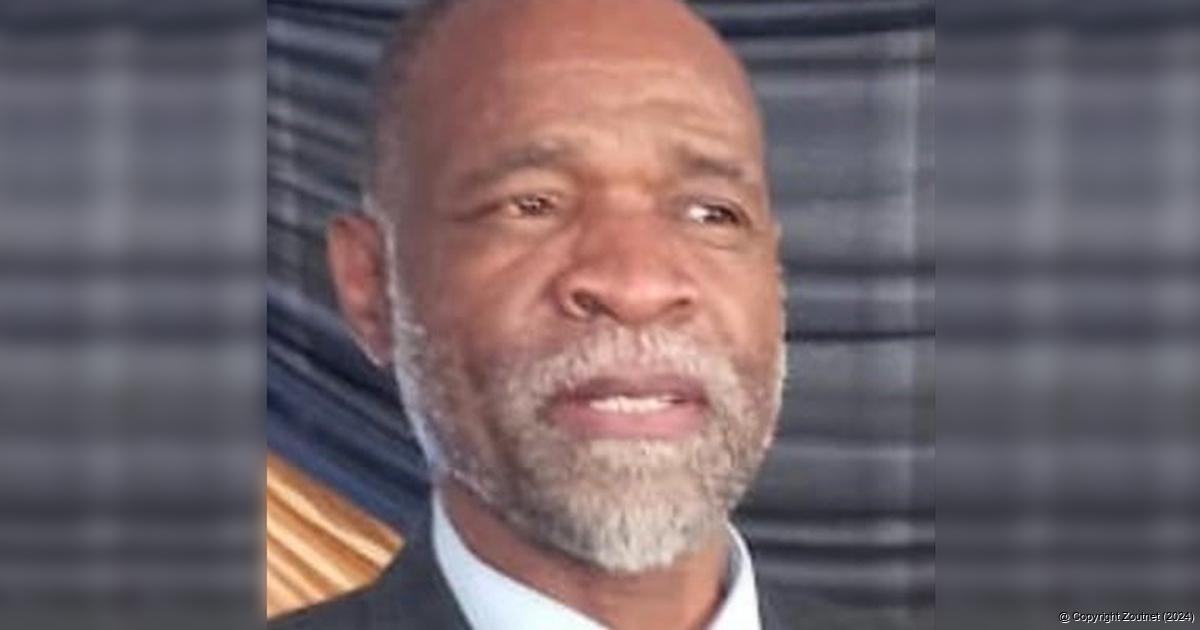

ADVERTISEMENT:

Thovhele Ravele Magekha Davhana.
High Court sets aside Nengwekhulu's 2018 appointment
News - Date: 29 April 2023
By Elmon Tshikhudo and Anton van Zyl
A longstanding chieftainship feud between the Davhana royal family and the Nengwekhulu royal family was provisionally settled when the Limpopo High Court set aside the status of Nengwekhulu as a senior traditional leader. The issue now needs to be investigated again and a new recommendation needs to be made.
The matter was heard in the Thohoyandou High Court and it served before Deputy Judge President MV Semenya. He made his ruling last Tuesday (18th).
The Davhana royal family filed papers in the High Court opposing the Limpopo Premier’s decision in April 2018 to recognise Wilson Mandela Nengwekhulu as a senior traditional leader. Prior to that, they argued, Nengwekhulu was recognised as an independent headman (mahosi or gota) and never had the status of chief.
At the time, the Premier acted on the advice of the Limpopo Provincial Commission on Traditional Leadership Disputes and Claims. Nengwekhulu filed a claim, stating that he was unfairly demoted to the status of headman, whereas he should be a senior traditional leader in his own right. The commission agreed with him and the Premier subsequently recognised Nengwekhulu as a senior traditional leader.
In his ruling, Judge Semenya sketched the background of the case, going back as far as 1864 when the then chief Davhana left the Dzata area after he had lost the battle with his younger brother, Makhado. He moved to the area south of the Levubu River and settled at what is today known as Mpheni village. When Davhana arrived here, several communities under leadership of chiefs such as Masia, Mashau, Tshimbupfe and Nengwekhulu were living in the area.
“The disputed facts … revolve around the question whether, upon their arrival in the area, the Davhanas subjugated the Nengwenkhulus who were occupying the area referred to as Ngwekhulu, and became their chiefs, as claimed by the applicants, or whether the Nengwekhulus lost their status as chiefs and became subjects of the Davhanas in circumstances alluded to in their papers,” said Judge Semenya.
When the Nengwekhulus made their initial claim, they argued that, prior to 1958, the two leaders were functioning independently of each other. During the reign of chief Ndavhelesi Nengwekhulu, the apartheid government promoted Davhana to the position of senior traditional leader and relegated chief Nengwekhulu to the status of a headman who was required to serve under Davhana.
The commission that was tasked to investigate the claim found that the Nengwekhulu community lived as a separate group and abided by their own customary laws of succession. They had never been dispossessed of their rights to their land and still resided at the same village. Their leaders served as mahosi (chiefs) under khosikulu (king) Mphephu Ramabulana.
The Davhana royal family disputed these findings and criticised the commission for not conducting public hearings and interviewing the elders at Tshirululuni and Mpheni. Their argument is that the Nengwekhulus had always held the position of an independent headman, serving under the Davhanas.
As an example, the installation of Nndavheleseni Muofhe William Nengwekhulu in 1942 was cited. The installation was conducted by chief Kingi Davhana. They submitted that it would have been unlikely that a headman would install someone as a chief.
In their submission to the High Court, the Nengwekhulu royal family stated that they did not object to the fact that Davhana held the position of senior traditional leader. Their objection is that Davhana should not exercise his chieftainship within their area of jurisdiction. Because independent headmen are no longer recognised, they feel that they need to be recognised as having an own chief.
Judge Semenya said that the commission that came to the conclusion that Nengwekhulu was a senior traditional leader had made irrational findings. He said the evidence showed that the Nengwekhulus had been independent headmen (gotas) as early as 1926. “[The Commission] decided on its own to promote [the Nengwekhulus] to a position they never held, under the pretext of restoration,” he said.
The findings of the commission were set aside and the decision by the Premier to appoint Nengwekhulu as senior traditional leader was also set aside. The claim of Nengwekhulu will now have to be investigated again before a new recommendation to the Premier can be made. The Premier, the MEC for Coghsta, the Commission on Traditional Leadership Disputes and Claims and the Nengwekhulu family were ordered to pay the costs of the application in the High Court.
Speaking outside court after the judgement, Vhamusanda Vho-Mulweli Davhana, who is also the Davhana royal council’s chairperson, said the family members were elated. “The High Court has vindicated us. There were so many discrepancies in the whole issue. The decisions were one-sided, and from the onset a decision was already taken against us, but we were able to convince the court, which came to a just decision,” he said.
Davhana said that what they found surprising was that the government seemed to have such a great interest in the matter, which made them very suspicious. “But all in all, it is water under the bridge,” he said.
Asked to comment on the judgement, the Nengwekhulu royal family’s spokesperson, Vhamusanda Vho-Thavhadziawa Mutavhatsindi, said they were not in a position to comment. “We have nothing to say so far, but rest assured we will comment when the time is right,” he said.

Recent Articles
-

Fed-up Elim residents protest against incomplete D4 road project
27 July 2024 By Thembi Siaga -

Damani Water Project upgraded and handed back to waterless residents
27 July 2024 By Silas Nduvheni -

Opwinding oor opgrawings in noorde van die Krugerwildtuin
27 July 2024 By Pétria de Vaal -

Ben se skielike dood kom as groot skok
26 July 2024 By Andries van Zyl

